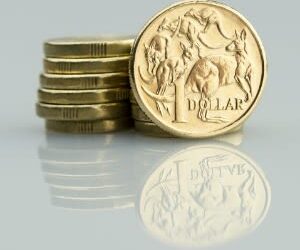The annual expenditure needed to reach a comfortable retirement rose again in the June quarter as retirees continue to face significant cost pressures on their household budgets.
The Association of Superannuation Funds Australia (ASFA) found the annual expenditure needed to reach ASFA’s comfortable retirement standard rose another 0.5 per cent in the June quarter, slightly lower than the 1.1 per cent increase recorded in the March quarter.
It now stands at a record high of $70,806 per year for couples and $50,207 for singles.
In March, the figures were $70,482 and $50,004, respectively.
The ASFA comfortable standard includes the cost of everyday expenses such as health, communication, clothing, and household goods and reflects community expectations as well as changing lifestyle expectations and spending habits.
Large quarterly price increases were seen in insurance (5.3 per cent) across house, house content, and motor vehicle insurance. This was the strongest quarterly rise since 2000 and followed a 3.5 per cent increase in the March quarter.
Furniture and furnishing costs rose by 4.2 per cent, household textiles by 9.5 per cent, and takeaway food prices by 1.7 per cent.
There were minor falls in the cost of electricity and gas in the quarter reflecting developments in market price offers, but significant cost increases came into effect from 1 July onwards.
“Retiree budgets have been under substantial pressure for nearly two years due to high costs of essential goods and services,” said ASFA deputy chief executive, Glen McCrea.
“Price rises in the cost of food were significant in the June quarter. The price of bread increased more than 5 per cent and is up 14 per cent over the year.
“The cost of vegetables was up almost 4 per cent over the three-month period, with the noticeably higher cost of potatoes due to a shortage linked to unfavourable growing conditions last year. This impacts on a range of products, including hot chips, potato crisps and frozen potato products.
“Once again, putting dinner on the table became more expensive, with the cost of poultry, dairy, vegetables and potatoes up significantly.”
The industry body noted the scheduled increase in the super guarantee to 12 per cent in 2025 will be “critical” in helping future generations of retirees achieve a dignified lifestyle in their post-work years.
Additionally, it will improve the sustainability of the age pension and take pressure off future federal government budgets as the population ages, ASFA said.




